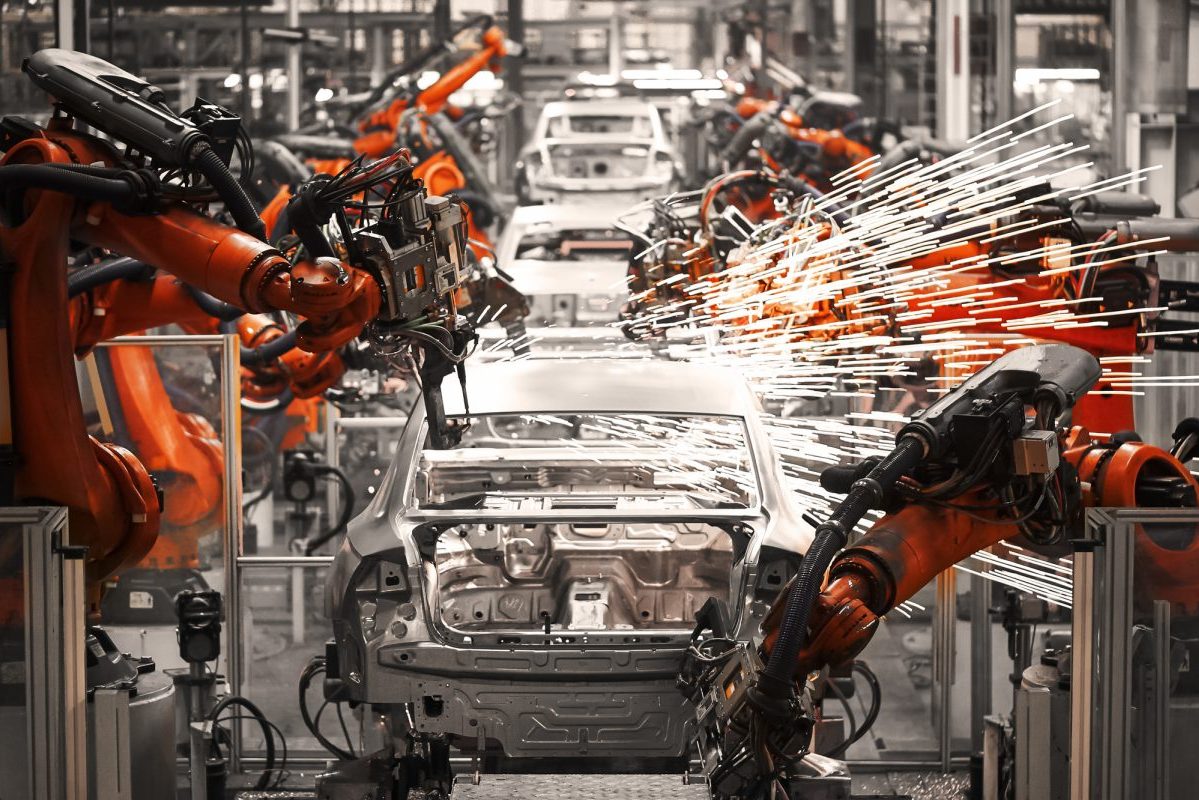Punitive measures could also affect German companies.
Three weeks after the announcement by the European Commission, an investigation into government subsidies for Chinese electric cars was launched today (Wednesday). Commission President Ursula von der Leyen spoke of “world markets flooded with cheaper Chinese electric cars,” [translation rawmaterials.net] made possible by Beijing’s subsidies, for which the commission said there was sufficient evidence. The subsidies included tax rebates and the government’s provision of components and raw materials at below-market prices. China’s Ministry of Commerce has already called the initiation of the case protectionist, according to the South China Morning Post. The newspaper also points out that the investigation covers Chinese manufacturers and international companies that produce in the People’s Republic. Countermeasures by the EU, such as punitive tariffs, would also be felt by foreign companies such as BMW, as otherwise, the rules of the World Trade Organization would be violated. The Munich-based automaker manufactures its iX3 electric SUV in Shenyang, ending up on the global market. According to the director of the German Center for Automotive Research, Ferdinand Dudenhöffer, German companies would be the first target of Chinese reactions to punitive measures. In view of China’s importance as an exporting country, they are therefore threatened by adversity from two sides.
Photo: iStock/xieyuliang


